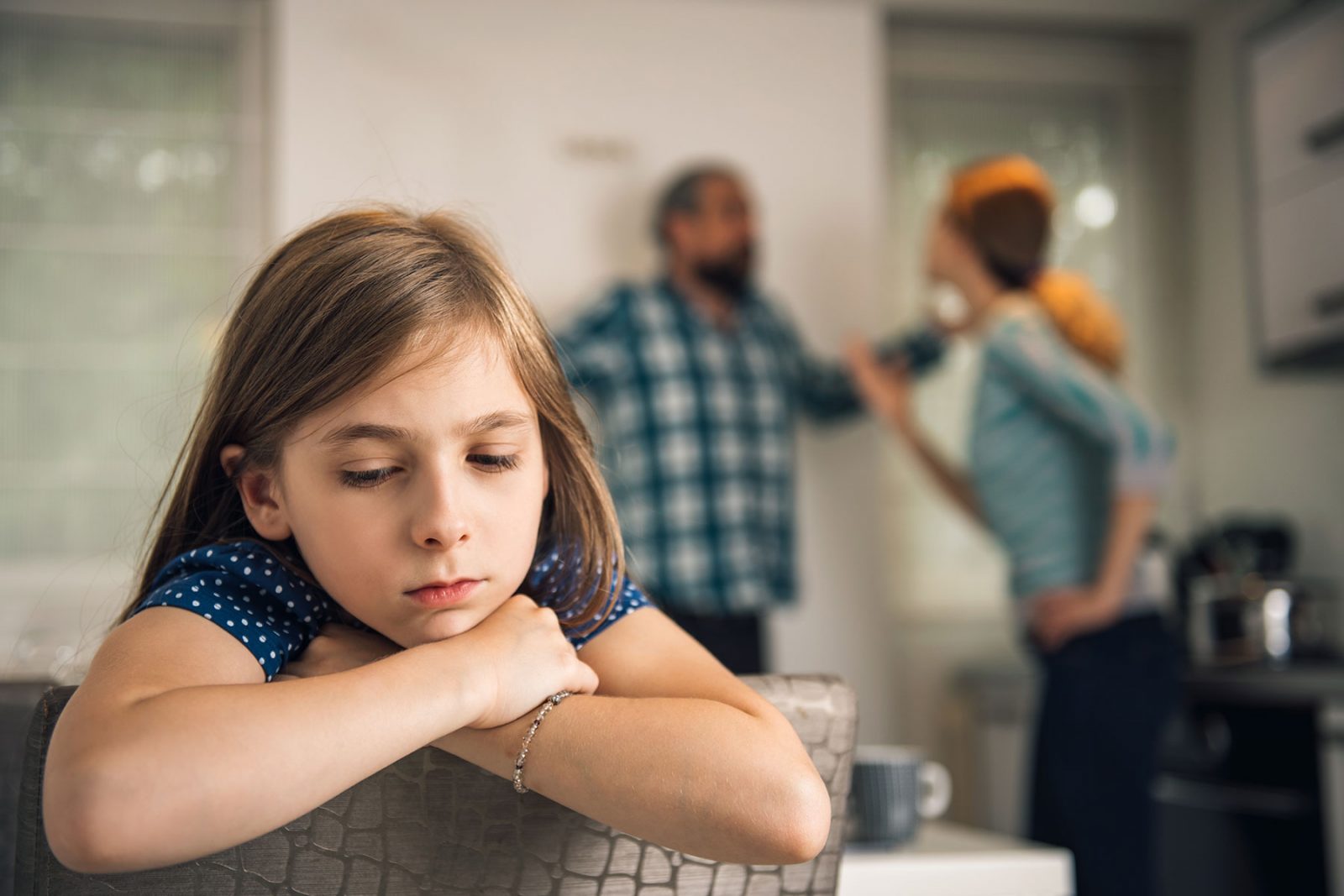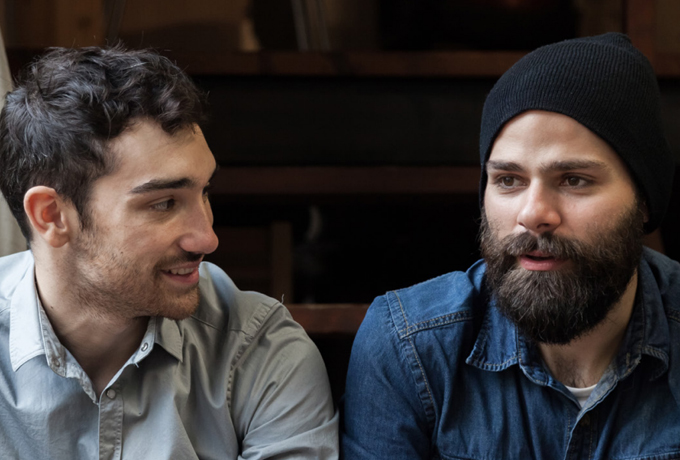Men and Separation - Navigating the Future
Men and Separation is a resource to highlight the support options available to men when making decisions as they go through a separation.
Read moreWords matter, but from a child’s point of view, actions matter a lot more. Here Changing for Good looks at the importance of modelling respectful relationships, and how our relationships (good or bad) affect our children.

Words matter, but from a child’s point of view, actions matter a lot more. Take for instance a newborn baby. A young baby will learn when you’re happy, sad or frustrated and they’ll do it all from facial expressions, posture, touch, or the tone of our voice. Similarly, older children learn more from what we do, and how we treat others, than what we say.
Below we look at the importance of modelling respectful relationships, and how our relationships (good or bad) affect our children.
Have you ever noticed how sometimes when you come home in a really great mood and find your partner is in a bad mood, you can adapt to their mood really quickly without either of you saying a word? It happens in families, relationships and workplaces all the time. It also happens when children see their parent’s relationships. They may feel sad if you are sad, happy if you are happy, and they may model the relationship you have with your partner – positive or negative.
If you and your partner are respectful of each other and listen to each other with the aim of understanding the other’s perspective (and avoiding anger) then your child will know the home is a safe environment. They will also likely model these behaviours in their current and future relationships (with partners, friends and their own families).
However, if a child sees a parent (or step-parent) be violent, or insult, threaten or dominate their partner, then this can also have a lasting impact on the child. It can affect their ability to cope, make them feel scared, nervous, and anxious, or like they’re “walking on eggshells”. Being around abusive relationships can have a big impact on children of any age. Young children can revert to earlier behaviours such as wetting the bed or sucking their thumb, or show signs of separation anxiety. School-aged children may feel guilty or blame themselves, which can impact their self-esteem in the short and long term. Teenagers might act out by skipping school, starting fights, or abusing drugs or alcohol.
As adults too it’s not uncommon for children who have grown up around disrespectful or abusive relationships to be at risk of mental health conditions such as depression and anxiety. They may also be at risk of repeating the behaviour they witnessed as children, which can create a cycle with their own children and families.
So it’s important to always be mindful of the impact your relationship has on your whole family.
Remember, children of any age are like sponges. They take in everything they see and experience, good or bad, and they learn from it.
“Remember, children of any age are like sponges. They take in everything they see and experience, good or bad, and they learn from it.”
Those experiences shape not only how they see the world throughout the rest of their lives, but also how they interact and behave with others as they mature.
MensLine Australia has professional counsellors available 24 hours a day, seven days a week, providing confidential and anonymous information and support for all relationship issues.
Call us on 1300 78 99 78 or access online counselling.
Men and Separation is a resource to highlight the support options available to men when making decisions as they go through a separation.
Read more
Listening is an important part of effective communication. We have conversations throughout the day, but sometimes we’re not listening as well as we could. Active listening skills go a long way towards addressing misunderstandings and establishing healthier relationships.
Read more
Relationships are at the core of our lives. In a positive relationship, both partners feel valued, loved and nurtured. MensLine Australia has ten tips to help you get the most out of your relationship.
Read more
Renovate your Relationship is a resource to help men maintain their relationships by getting them to think about the practical side of relationship maintenance.
Read more